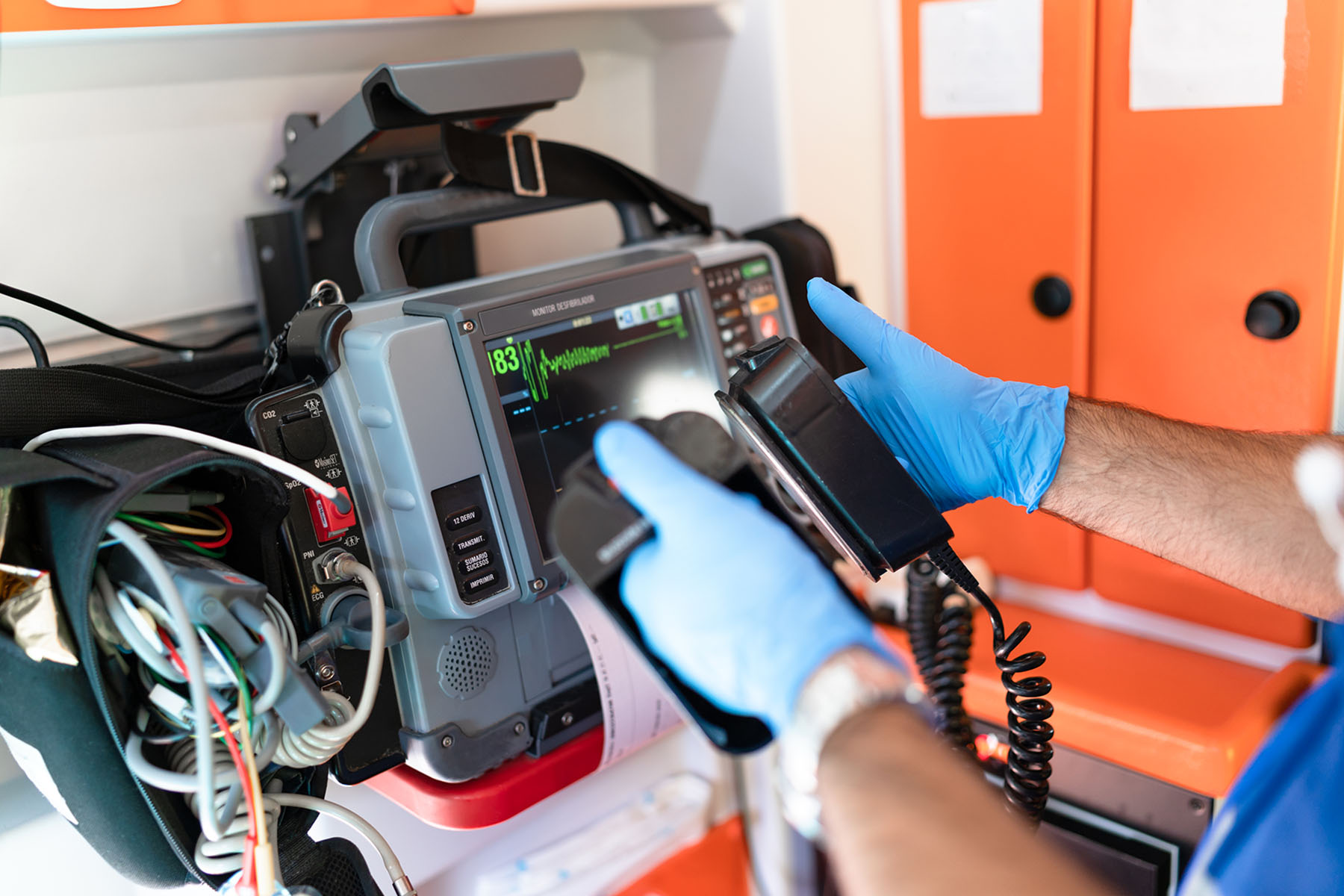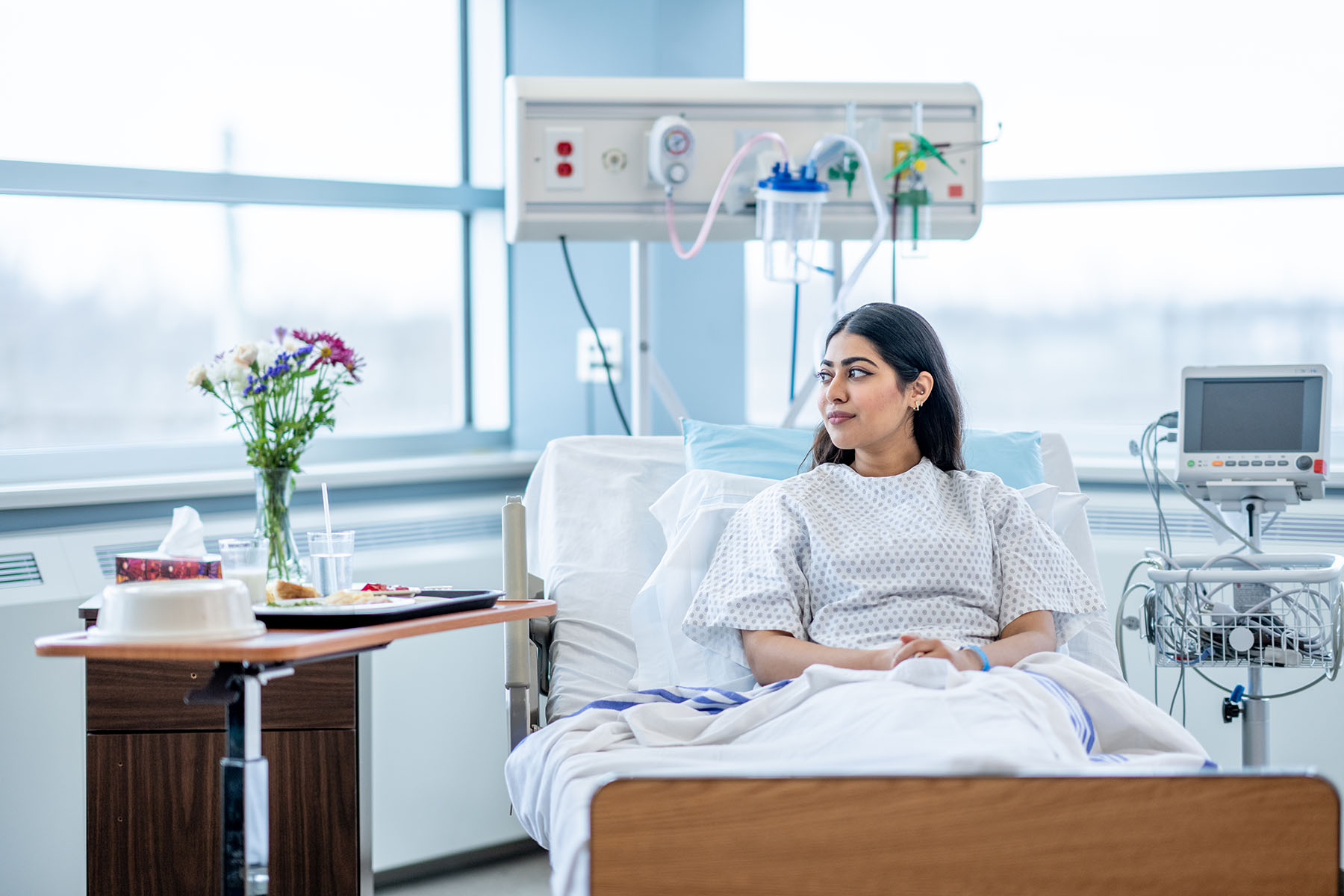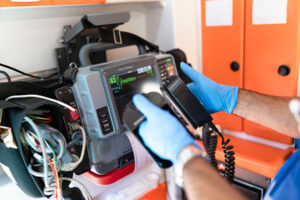The Spanish healthcare system is ranked among the best in the world. It offers (almost) universal healthcare throughout Spain and is mostly paid for by taxpayers through social security.
However, if you need specialized medical aid – such as a dentist or mental healthcare professional – you’re better off relying on private health insurance.
Take a closer look at the healthcare system in Spain, and learn about the following:
Cigna Global
Want access to the best private medical services in Spain? Speak to the healthcare professionals at Cigna Global today and find a policy that’s right for you. Take advantage of their global network of doctors, specialists, therapists and more with coverage tailor-made for you and your family. If you’re starting a new life in Spain, get peace of mind with Cigna Global.
How does healthcare work in Spain?
The healthcare system
Spain has a high-quality healthcare system that guarantees almost universal coverage for all residents. Just over 99% of the population receives public healthcare (asistencia sanitaria pública), which is called the National Health System (Sistema Nacional de Salud – SNS).

The public healthcare system is organized at the national and regional levels. The national level is responsible for laws and regulations, and the regional level – spread out over the 17 autonomous regions – oversees the local administration of healthcare services. The system is supervised by the Spanish Ministry of Health (Ministerio de Sanidad), which develops policy and oversees the national health budget.
Over 70% of the healthcare system is financed by public taxes, which is reportedly around 11% of the GDP. It is common for Spanish residents to have private health insurance (seguro de salud privado) to supplement public healthcare coverage.
Spain tops the list of healthiest countries in the world, according to the 2019 Bloomberg Healthiest Country Index. The overall life expectancy is 83.5 years old, besting all other European Union (EU) member states.
The 2021 Health Care Index ranked Spain eighth out of 89 countries in overall healthcare. In Europe, it’s placed fourth, behind only Austria, Denmark, and France. Although the healthcare system is regarded as effective, it is also lacking in some places. The nonprofit think tank Foundation for Research on Equal Opportunity (FREOPP) gives it just a moderate score.
Who can access Spanish healthcare?
Anyone living and working in Spain – either salaried or self-employed – can make free use of public healthcare, as well as children, pregnant people, and students under the age of 26. Other Spanish residents can access free medical care when they:
- Have recently divorced or separated from a partner registered for social security
- Receive certain state benefits
- Have retired on state pension
Nationals from the EU/EFTA (European Free Trade Association – Iceland, Liechtenstein, Norway, and Switzerland) can get free healthcare with a European Health Insurance Card (EHIC). Third-country citizens will need to have travel and healthcare insurance as part of their visa application.
Undocumented migrants can also access medical care but are required to pay at least 40% of the costs of the medication prescribed to them.
You can visit the Ministry of Health website for more information.

CPO and co-founder, Entre Trámites
Maria Durán
Convenio Especial
Getting healthcare in Spain isn’t as hard as it seems.
When I moved here, healthcare was one of my biggest worries. If you’re legally working or a resident, you can register for public healthcare through the Seguridad Social. If not, there’s the Convenio Especial, which lets you pay a monthly fee for full coverage. Simply knowing your options ahead of time makes everything less stressful.
How much is healthcare in Spain?
The Spanish healthcare system is funded by social security contributions from working residents. If an employee is registered for public healthcare, their spouse and dependent children also receive coverage. Certain other socio-economic groups, such as students and pensioners, can make free use of the public healthcare system as well, even if they haven’t paid into the health insurance scheme.

According to 2022 data from the Ministry of Health, Spain spends €90.3 billion a year on public healthcare (or roughly €1,907 per inhabitant). Around €12.8 billion of that is spent on drug prescriptions. Private healthcare adds another annual €32.5 billion (or €687 per inhabitant) to the total. That means that the healthcare system in Spain costs €122.8 billion per year (or €2,594 per inhabitant).
Most primary healthcare in Spain is free. Residents only need to pay a proportion of prescription charges as well as regular public health insurance payments. However, if they need specialized medical care, they might face additional costs. This is when private medical insurance comes in handy.
How to register for Spanish healthcare
Legal residents can access public healthcare with an EHIC card or a Spanish health card (tarjeta sanitaria individual – TSI). Both cards come free with your medical insurance.
You can apply for a Spanish health card at your local primary healthcare center (centre d’atenció primària – CAP). You will receive the TSI card at your home address within two to three weeks. It allows you to register with an individual doctor or health center within your local healthcare district. To see any other specialist doctors, however, you must be referred by your family doctor.
Be sure to keep it on you at all times, so you are able to present it whenever you use a public health service or purchase a prescription from a pharmacy.
Private healthcare options
Private healthcare provisions run alongside the public system, with some healthcare centers (centros de salud) offering both. If you are undergoing a procedure that is not covered by state healthcare, you will need to take out private health insurance or pay the full amount of your medical care costs.

Many people also choose to get private insurance to get better and quicker access to treatment. Around 25% of the population has some form of private healthcare coverage. Private insurance is also popular among expats.
Private health insurance usually costs between €50-200 a month, depending on the coverage plan. Some of the largest private health insurance companies that cater to internationals include:
Spain has some online portals where you can search and compare private clinics. These include SaludOnNet.
What healthcare facilities are there in Spain?
Health centers and clinics
Primary healthcare (atención primaria) – including getting a prescription (receta) – is provided by family doctors and health centers. Located in every region, the centers are usually staffed by a multidiciplinary team that includes:
- Family doctors (médico de cabecera)
- Pediatricians (pediatras)
- Nurses (enfermeras)
- Gynecologists (ginecólogos)
- Physiotherapists (fisioterapeutas)
Each center tends to have around six family doctors. Although some allow you to book an appointment with a specific doctor, you might not see the same person each time you visit.
Spanish pharmacies
After the doctor has prescribed you medication, you can pick it up from any pharmacy (farmacia) in Spain. These are easily recognizable from the large green cross sign outside. Opening hours are usually from 9:30–14:00 and 17:00–21:30 on Monday to Friday. Hours differ during the weekend and they tend to be closed on Sundays.
Most cities and towns have more than one pharmacy and each one will take turns opening outside of working hours. There will typically be a notice on the store window or door with details of the nearest 24-hour pharmacy (farmacia de guardia). You can also find a comprehensive list of pharmacies online.
Spain operates on a co-payment system for prescription medicines. That means residents have to pay a non-refundable percentage of medicinal costs. How much you pay depends on your personal situation:
- If you are of working age, you pay up to 60% of costs depending on your annual income
- Pensioners pay around 10% of costs
Hospitals in Spain
If you need an ambulance (ambulancía), you can call the emergency services on the pan-European emergency number (112). You can also go straight to a hospital (hospitales) or ER (Urgencias) if that is easier. For any other type of hospital treatment, you will need a referral from a family doctor.
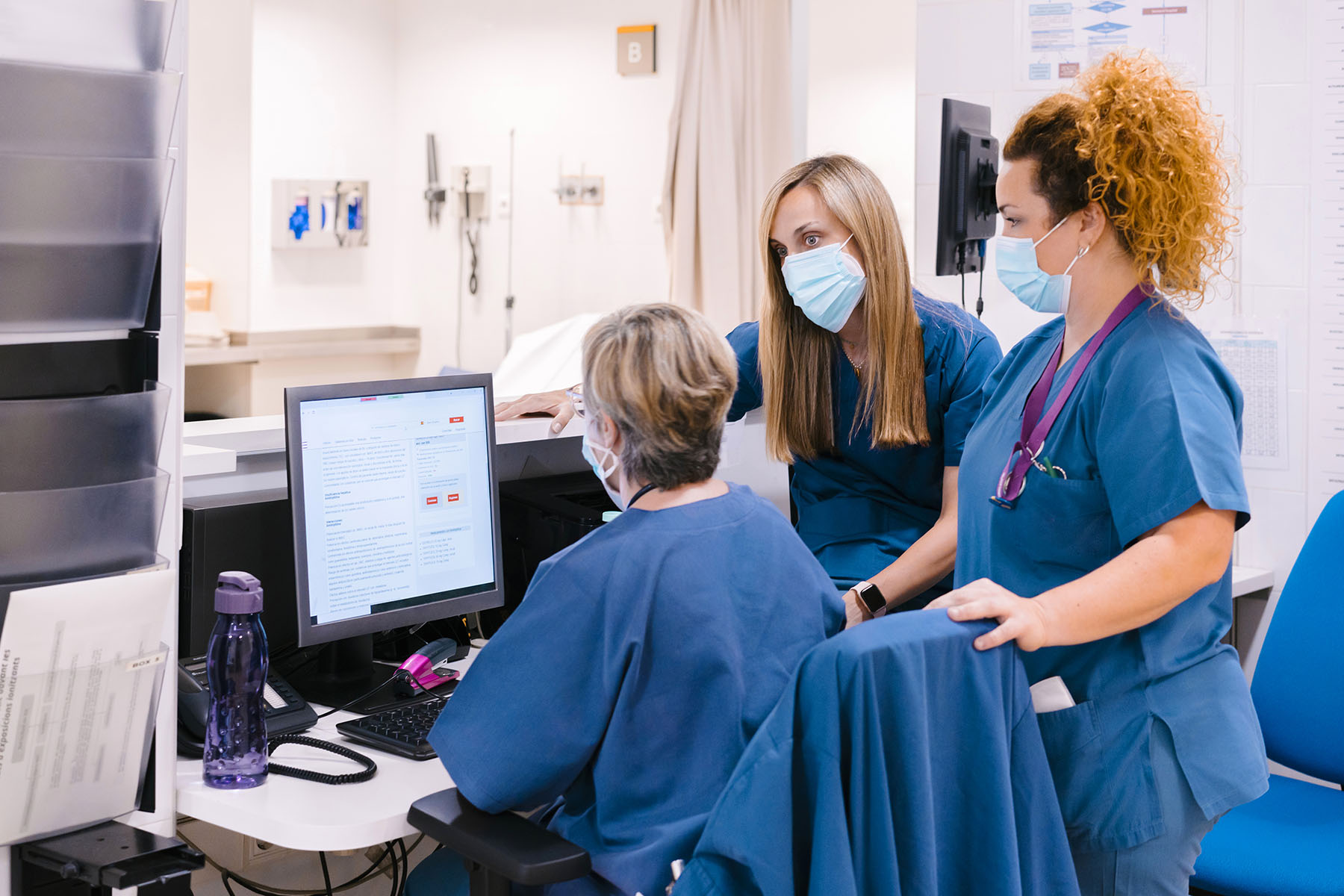
Spain has a large number of public and private hospitals in Spain, but only public hospitals provide free treatment. Because some hospitals offer both private and public medical care, be sure to let the staff know which service you want by showing your insurance card.
Healthcare professionals in Spain
Dentists in Spain
Dental care is not covered by public healthcare unless you are a child aged under 15 or require surgery. This is when private health insurance comes in handy.
Initial consultations and teeth examinations are typically free. Your dentist (dentista) will provide you with a treatment plan and a quote, and usually require payment upfront.
Doctors and specialists
Spain has a relatively high number of doctors, but a relatively low number of nurses. In 2021, there were 4.4 doctors and 5.9 nurses per 1,000 inhabitants (excluding nursing assistants). Moreover, the distribution of medical professionals varies across regions, and also between urban and rural areas. The proportion of family doctors in the country is similar to the EU average (20.8% compared to 20.6%).
If you need to go to a hospital or want to be seen by a doctor, you must have a referral from a family doctor. Bear in mind that waiting times can be long for highly prescribed analyses or certain specialist services.
If you have private health insurance, you will be able to see a specialist much faster than going through the public system.
Specialized healthcare in Spain
Children’s healthcare
All children in Spain have free healthcare coverage under their parent or guardian’s insurance. This includes free dental care and access to pediatric services until the age of 15. Across the country, there are specialist services that cater specifically to children’s needs, including child psychologists and psychiatrists.
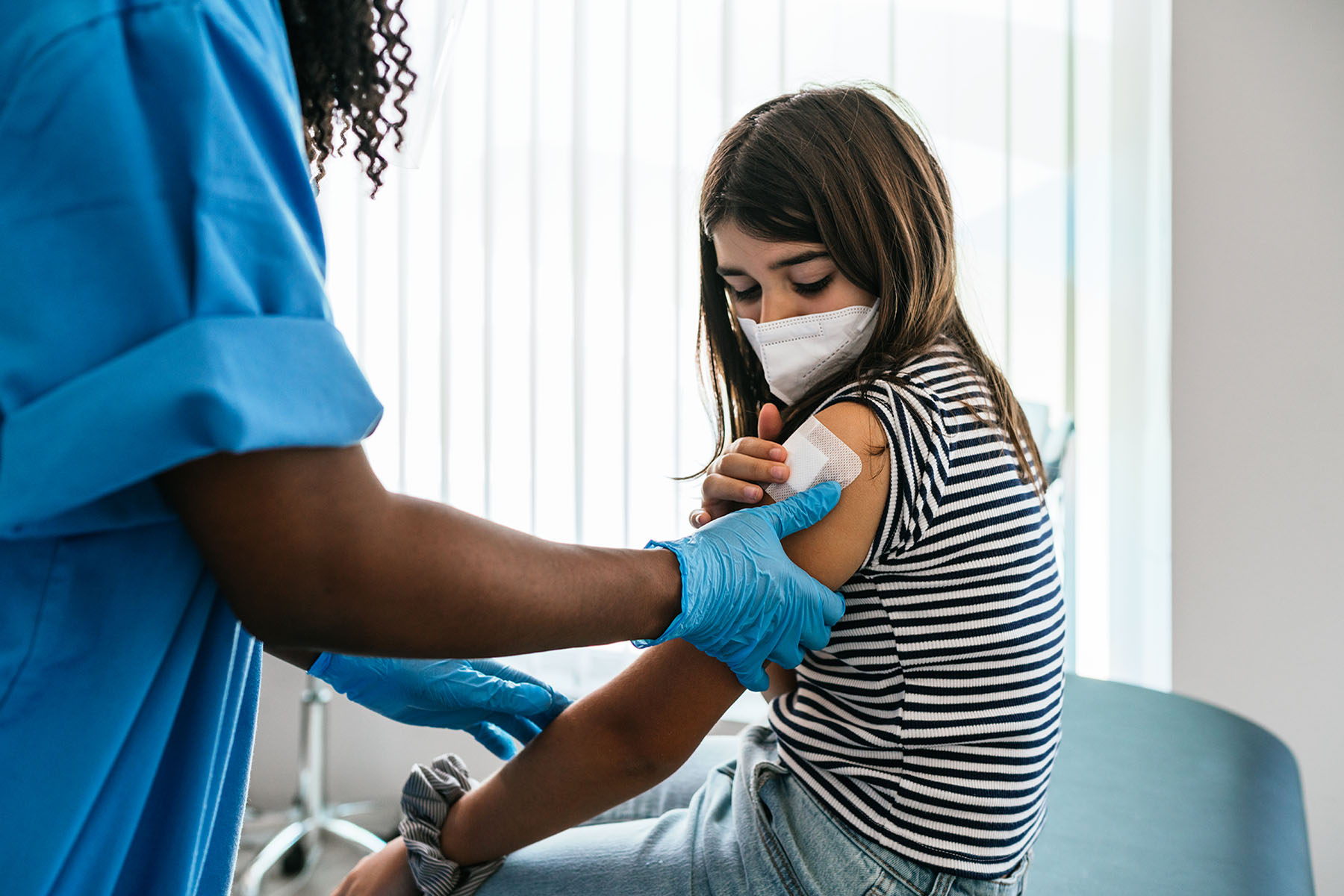
There is a national vaccination program for children in Spain. Mandatory vaccines include:
- Hepatitis B
- Polio
- Tetanus
- Measles, mumps, and rubella (MMR)
- Diphtheria
Mental healthcare
Mental healthcare provisions in Spain fall short. There are only six clinical psychologists for every 100,000 residents. This is much lower than the OECD average of 20 per 100,000 inhabitants, as well as the EU average of 38 per 100,000 inhabitants. More worryingly, the country had 32,000 registered psychologists in 2018, but only 2,300 worked for the public health system.
In 2021, one in five Spanish residents suffered from a mental health disorder (e.g., depression or anxiety). As such, the country is the world’s biggest consumer of anti-anxiety medication and the EU’s largest consumer of psychiatric or psychotropic medication (e.g., antidepressants, anti-anxiety and ADHD medications, antipsychotics, and mood stabilizers).
To combat the mental health crisis, Spain launched a €100 million mental health plan that would roll out between 2021 and 2024. This plan focuses on training professionals, fighting stigmatization, preventing addiction and suicide, and promoting emotional well-being.
The Confederation of Mental Health works closely with the Ministry of Health to improve service quality and integrate the 17 Autonomous Communities.
If you need mental health treatment, you can contact your family doctor for a referral. Unfortunately, you are likely to get better help with private health insurance.
Sexual and reproductive health
Anticontraception (anticonceptivos) is widely available in all regions. The most popular method is the condom, which you can buy in any drug store, pharmacy, or supermarket. Hormonal contraception, including the pill (píldora anticonceptiva) and IUDs (DIU), require a prescription. You can also get Emergency Contraception and Plan B (la píladora del dia despues) without a prescription; it is available over the counter at a pharmacy.

With a referral from a family doctor, you can get free tests for STDs (Enfermedades de Transmisión Sexual – ETS) or STIs (Infecciones de Transmisión Sexual – ITS) at a public health clinic. These can also offer sexual health information and advice.
The Autonomous Communities decide whether to cover fertility treatments or not. You should check with your family doctor before pursuing IVF or the ROPA method.
Women’s healthcare
Although it can vary across regions, the standard of women’s healthcare in Spain is quite good. The regional Autonomous Communities offer cancer screening programs for breast cancer and cervical cancer.
Abortion is legal in Spain. You can get an abortion during the first 14 weeks of your pregnancy. If you or the child face a serious health risk, you can end the pregnancy up to 22 weeks. Terminating a pregnancy beyond those 22 weeks is only possible when the fetus is incompatible with life, or an extremely serious and incurable disease is detected.
In 2022, the Spanish government passed a new law that allows pregnant persons aged 16 and 17 to have an abortion without parental consent. Furthermore, the country will offer state-funded paid leave for women who suffer from painful periods.
Pregnant people have access to gynecologists and midwives through either public or private provisions. Most births take place in a hospital, although having a baby at home is becoming more popular. That said, public healthcare does not cover home births.
Lastly, the Spanish Ministry of Health has a large section with information for women who are facing domestic abuse or sexual violence. This includes information for victims of human trafficking. If you are confronted with gender-based, please call the Spanish emergency services (112).
Are other forms of healthcare covered?
Public health insurance does not cover any complementary treatments. Some private insurance companies do offer coverage, but you will usually have to select this as an add-on and pay a higher rate.
Alternative therapies, including holistic medicines, homeopathy, acupuncture, reflexology, and chiropractic treatment, are available across the country. According to Spanish law, alternative medicine can only be practiced by those with full medical qualifications.
In case of an emergency
You can call the pan-European emergency number (112) if you have a serious, life-threatening emergency. The use of this number is free of charge and the operator speaks various languages, including Spanish and English.

Other emergency numbers include:
| Emergency service | Phone number |
| Ambulance | 061 |
| Police | 091 |
| The Red Cross (cruz roja) | 902 222 292 |
| Help with domestic abuse or violence | 016 |
| Suicide, crisis, and support line | 717 003 717 |
| Drug addiction support | 900 161 515 |
| Anti-poison and drugs helpline (Servicio de Información Toxicológica – SIT) | 915 620 420 |
| Elderly support | 900 222 223 |
| Emergency dentist | 900 906 210 |
Useful resources
- Confederacion Salud Mental Espana – Confederation of Mental Health in Spain
- English Speaking Healthcare Association Spain – a non-profit organization listing English-speaking doctors and healthcare professionals in Spain
- Farmacias de Guardia – online directory of 24/7 pharmacies in Spain
- Ministry of Health – the official government website with information on Spanish healthcare, including a section on gender-based violence and domestic abuse
- Seguridad Social – the official website of the Spanish social security authorities




